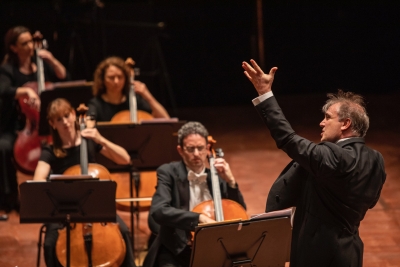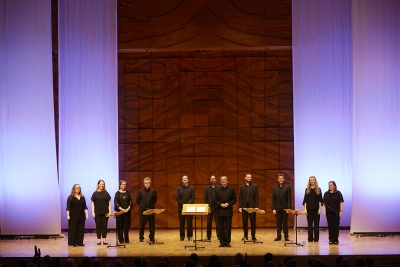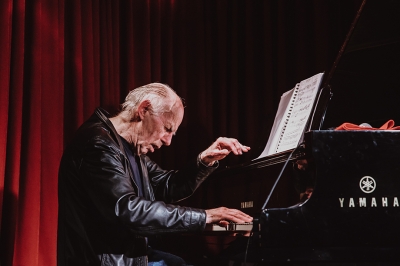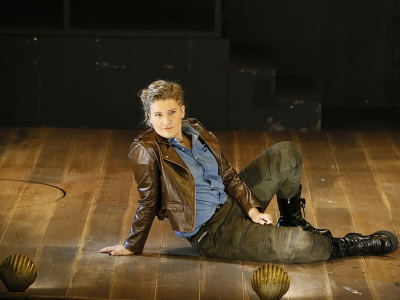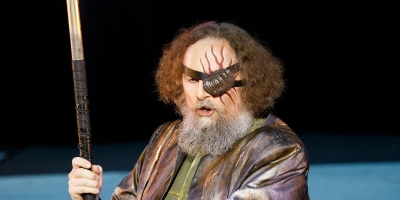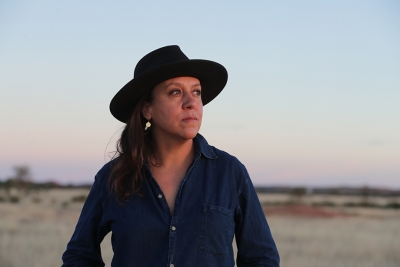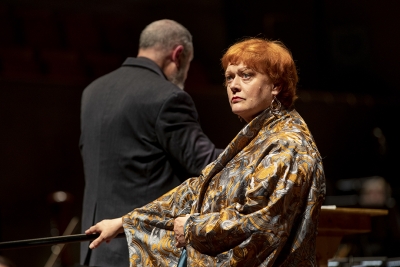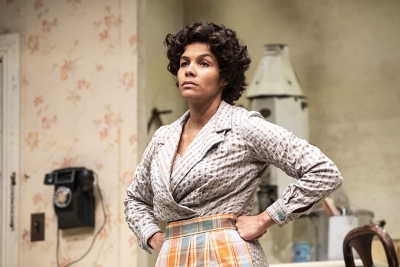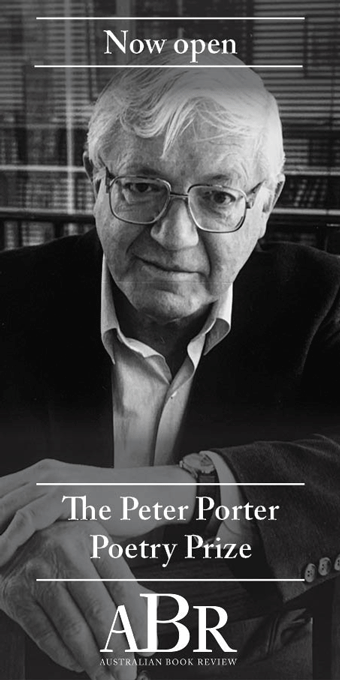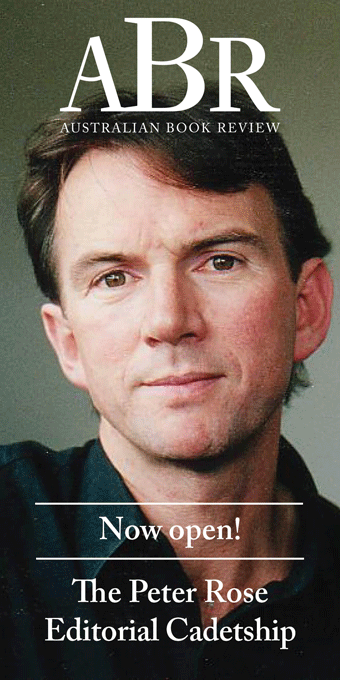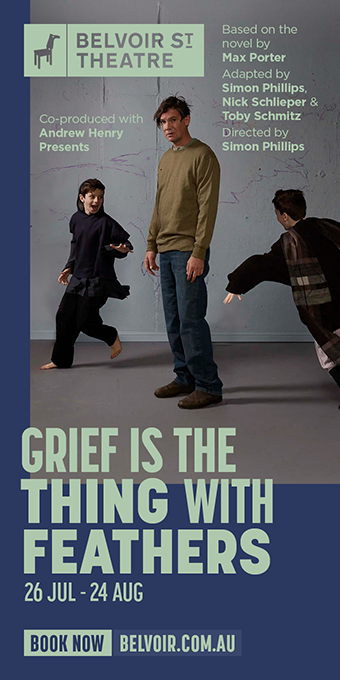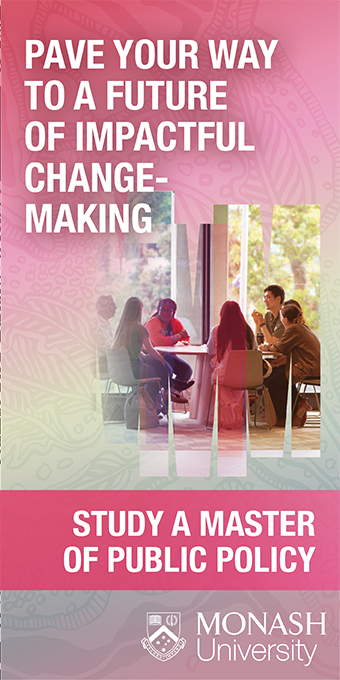Arts
Film | Theatre | Art | Opera | Music | Television | Festivals
Welcome to ABR Arts, home to some of Australia's best arts journalism. We review film, theatre, opera, music, television, art exhibitions – and more. To read ABR Arts articles in full, subscribe to ABR or take out an ABR Arts subscription. Both packages give full access to our arts reviews the moment they are published online and to our extensive arts archive.
Meanwhile, the ABR Arts e-newsletter, published every second Tuesday, will keep you up-to-date as to our recent arts reviews.
Recent reviews
When Alessandro Manzoni died on 22 May 1873, it was an event of major significance in Italy. The poet, novelist, and philosopher – an early proponent of Italian unification – was a hero of the Risorgimento. His novel I promessi sposi (1827), with its appeal to Italian patriotism, was (and remains) one of the most famous Italian novels.
... (read more)Two sold-out concerts in the Melbourne Recital Centre by the London-based vocal ensemble The Tallis Scholars will be music to the ears of Australia classical music promoters. Audience numbers may be returning to something close to pre-Covid levels. In this case, however, I suspect the box-office success also reflects the peculiar drawing power of The Tallis Scholars themselves.
... (read more)Melbourne International Jazz Festival
The pandemic was always destined to cast a long shadow, leaving promoters and festivals twitchy when it came to long-term planning. The Melbourne International Jazz Festival (MIJF), like so many other events, swallowed a bitter pill in 2021, as the city went into its sixth lockdown just weeks out, scuttling months of preparation. A quick scramble saw a scaled-back, hastily assembled program of exclusively local acts rolled out over a weekend in December, a temporary marker signalling that the MIJF was down but far from out.
... (read more)Understandably, the focal point of musical interest in Sydney in recent months has been Bennelong Point, more specifically the newly revamped Concert Hall at the Opera House. Central here has been the Sydney Symphony Orchestra under the new leadership of Simone Young, offering a series of wide-ranging and exhilarating concerts. But there has been other music making. Sydney’s indefatigable Sydney Chamber Opera has not been idle, and Friday saw the première of Awakening Shadow, an intriguing new/old work by Australian expatriate composer, Luke Styles, It comprises a melding of original music by Styles that enfolds the five Canticles of Benjamin Britten (1913–76).
... (read more)In Italian playwright Luigi Pirandello’s Six Characters in Search of an Author (1921), a handful of people enter a stage during a rehearsal and begin to break down the very structures of theatre itself. They question not just the verisimilitude of acting but the essentialism of character, the idea that we are ever any one thing fixed in time. It is a concept that animates Virginia Gay’s free adaptation of Edmond Rostand’s Cyrano de Bergerac (1897): this is a tragic hero who pushes at the confines of their assigned role, daring to imagine not just an alternate ending but an entirely new way of being Cyrano.
... (read more)The past few weeks in Melbourne have seen a series of extraordinary musical events that collectively represent the ultimate triumph of the creative spirit over the forces of pestilence – something that applies equally to audiences as well as performers. There is certainly, hanging in the air, a palpable spirit of communion and fulfilled expectations from our re-emergence from the stygian isolation of Covid lockdown into the iridescent aura that only live performances can achieve. In Wagnerian terms, we are all Brünnhildes, reawakening from lengthy slumber to joyfully hail the sunlight. As it was – in life and in art – at Sunday’s magnificent performance of Siegfried.
... (read more)Opera Queensland’s third mainstage production of the year, presented in partnership with Brisbane Festival and in association with Fluxus, is a double bill of two one-woman operas where a single phone call changes the course of each character’s life. First came Francis Poulenc’s The Human Voice, followed by the world première of The Call.
... (read more)At a pivotal moment in the new SBS miniseries The Australian Wars, director and presenter Rachel Perkins takes us to a place she says is ‘etched in the memory of my family. A place called Blackfellas Bones.’ Perkins turns to talk directly to camera: ‘You know, we turn away from things that we don’t want to see. We all do it. And I admit that I actually didn’t really want to make this documentary series because I knew that I’d have to spend years going through the horror of it. But … making this film has led me to this place … a place where many members of my family were killed. But my great grandmother survived to tell the story.’
... (read more)There are not too many parallels to be drawn between the House of Atreus and the House of Windsor, especially in these mournful times. But I could not help noticing one (admittedly tenuous) connection of memory and circumstance triggered by Victorian Opera’s powerful, almost magisterial one-off performance of Elektra and, later on at home, watching the procession of the Queen’s coffin down the Mall, from Buckingham Palace to Westminster Hall.
... (read more)In the annals of theatre history, Lorraine Hansberry’s A Raisin in the Sun (which had its première in 1959, when she was only twenty-eight) will go down as the first Broadway play written by an African-American woman and directed by an African-American man. It would have been beaten a couple of seasons earlier by Alice Childress’s Trouble in Mind if the redoubtable Childress had not refused to allow her would-be producers water down her work, which portrayed the demeaning and frustrating position of Black actors forced into endless ‘yes’m, no sir’ shuck and jive roles.
... (read more)

